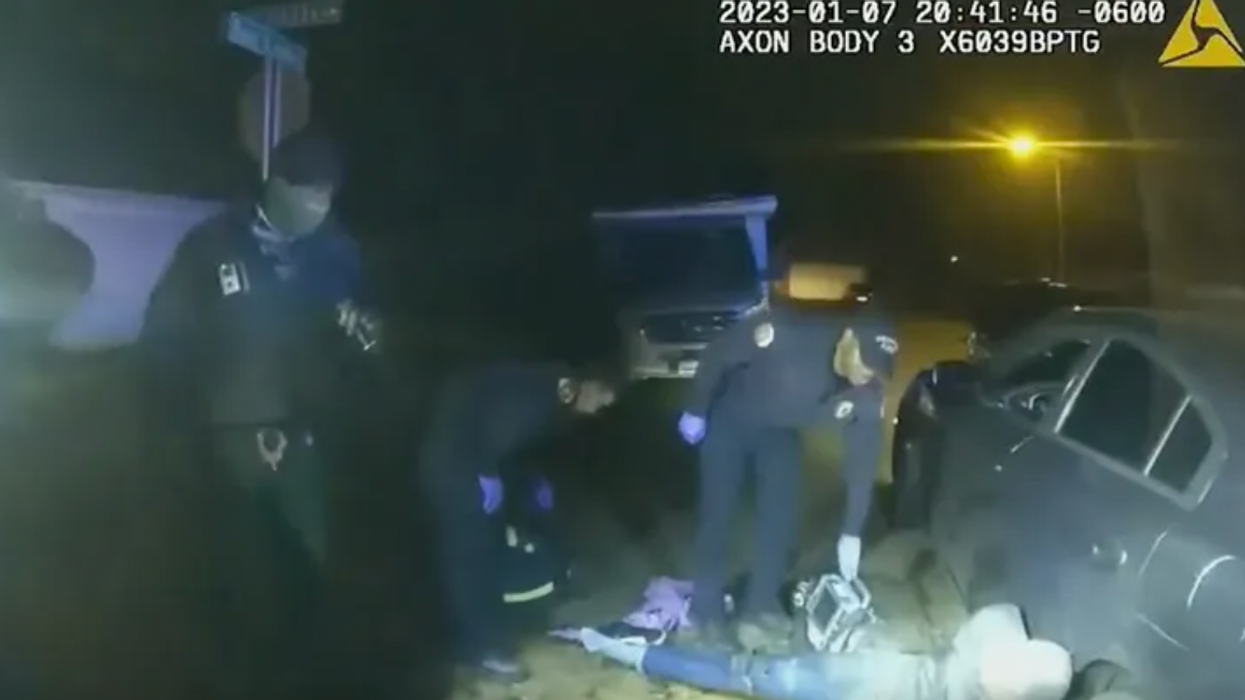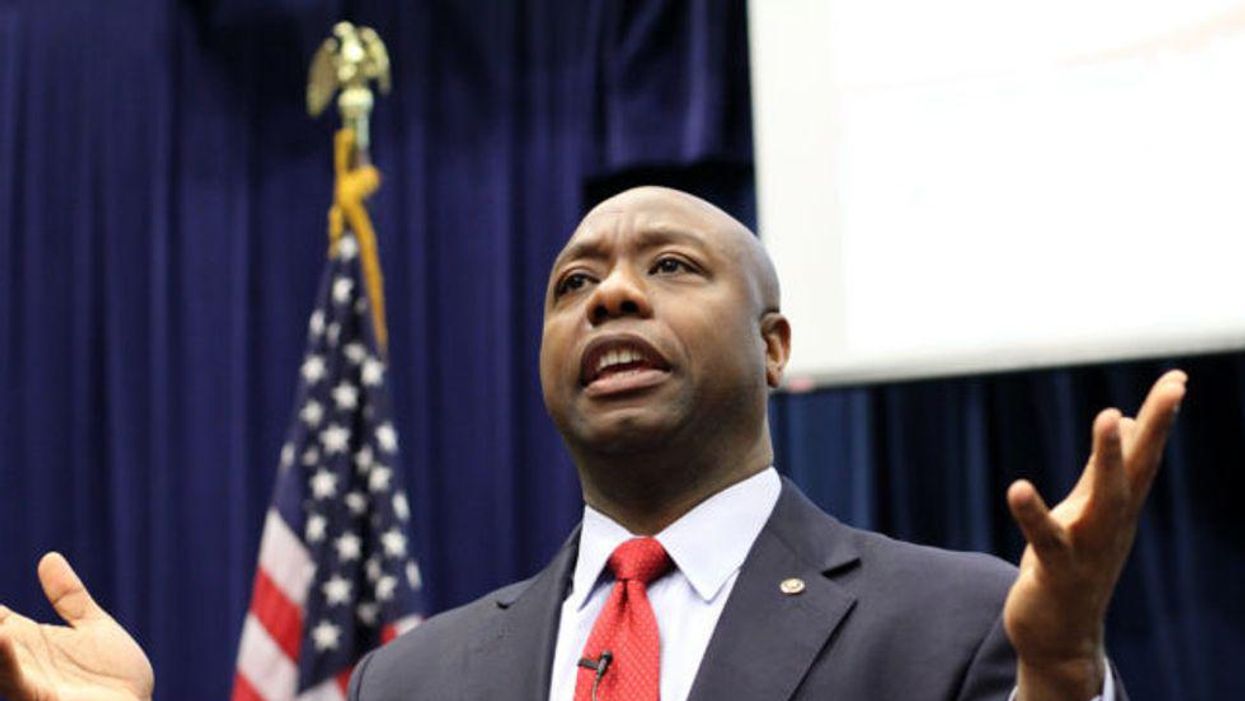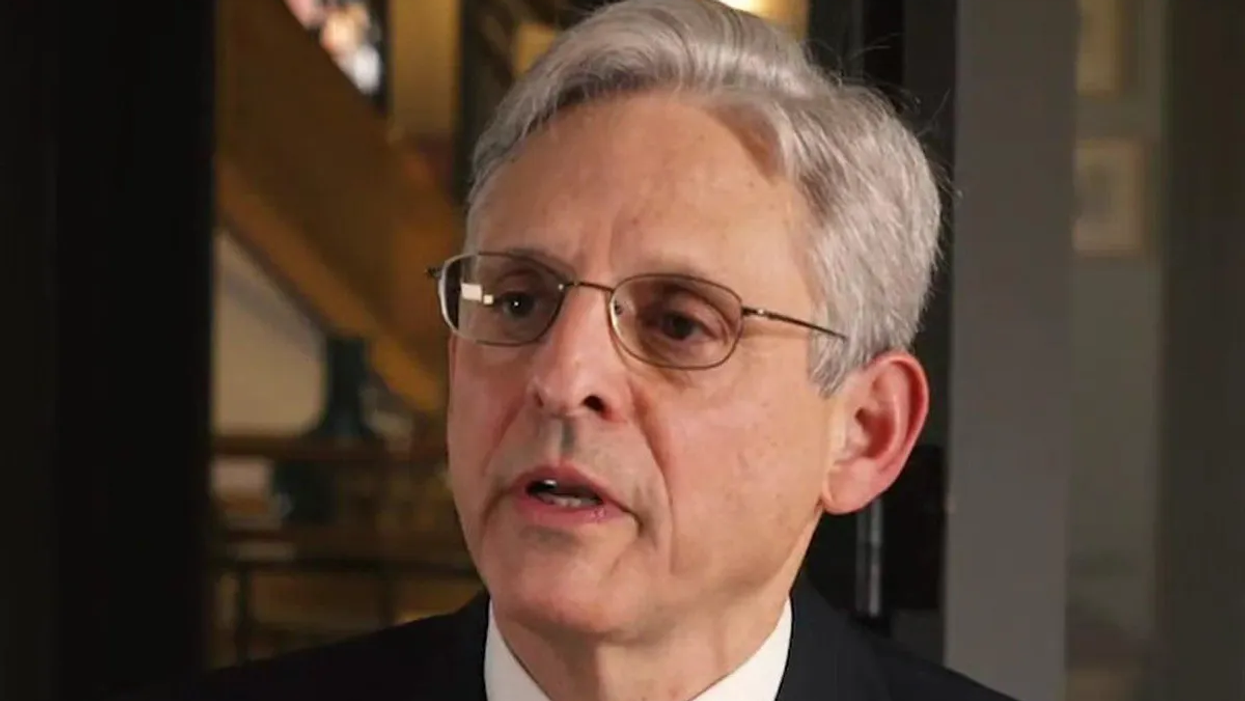Did Diminished Standards In Police Recruiting Kill Tyre Nichols?
From my perspective, and speaking only for myself, and not as a member of my race, gender or ethnic origin, Washington Post columnist Karen Attiah had it exactly right about the national media’s ritual display of an “endless stream of videos of Black people, usually men, being brutalized by police.”
Attiah argued that actions like CNN’s obsessive, repetitious coverage of Tyre Nichols’ beating death by Memphis police amounts to political pornography, in essence “snuff films as ritual entertainment.” This because “White liberals have run out of political ideas or the power to fundamentally transform policing.”
So it’s my fault, and Jake Tapper’s then. Well, it always is, isn’t it?
That said, I couldn’t handle more than about thirty seconds of Nichols being brutalized by cops acting like soldiers of an invading army. Pretty much because that’s what they are: representatives of the established order sent to subdue the indigenous population.
The Associated Press reports that Memphis, beleaguered by soaring homicide rates, drastically lowered recruiting standards for new officers, and assigned them to “specialized units like the now-disbanded SCORPION high-crime strike force involved in Nichols’ arrest. Their lack of experience was shocking to veterans, who said some young officers who transfer back to patrol don’t even know how to write a traffic ticket or respond to a domestic call.
““They don’t know a felony from a misdemeanor,” one veteran officer told the AP. “They don’t even know right from wrong yet.”
Instead, they tended to be the worst kind of cop: drawn into police work out of a desire to carry handcuffs and a pistol and kick ass. Keeping such individuals off the force should be a police recruiter’s primary goal.
I’m reminded of George Orwell’s Shooting an Elephant, perhaps the most brilliant short essay in the English language. Serving as a British policeman in colonial Burma (Myanmar), Orwell perceived “that when the white man turns tyrant it is his own freedom that he destroys. He becomes a sort of hollow, posing dummy, the conventionalized figure of a sahib. For it is the condition of his rule that he shall spend his life in trying to impress the ‘natives,’ and so in every crisis he has got to do what the ‘natives’ expect of him. He wears a mask, and his face grows to fit it.”
Just so the swaggering young cops of the Scorpion unit, turned loose with little or no effective leadership to bully the young Black men of Memphis into submission. Which appears to be pretty much what the Memphis citizenry of all races wanted of them.
The New York Times sent a team of reporters to interview young Black men who’d been roughed up by the team: “Scorpion encounters,” they reported, “typically began over something minor — a tinted window violation, a seatbelt infraction, a broken taillight or cracked windshield — and often resulted in officers finding illegal drugs, unregistered weapons, stolen cars and outstanding warrants.”
Just so.
This, in turn, appears to be pretty much why widely predicted rioting never occurred either in Memphis or anywhere else. Also why advice from pundits about stopping armed police from enforcing traffic laws sounded so lame. Yes, the Scorpion traffic stops were pretextual. The Times aptly described them as “the vehicular equivalent of ‘stop and frisk.’” Cops were looking for any excuse to pull young Black men—pretty much the only drivers out and about in low-income neighborhoods after 10 p.m.—and to search their cars for dope and guns.
They kept finding them too.
We probably won’t learn until the five officers charged with Tyre Nichols’ murder go to trial why they pulled him over, or what, if anything they suspected him of. Which is not to say they had good reason. We simply don’t know. It looks like they had the wrong man—a tragedy and an outrage.
Predictable too.
I recently had a conversation with a Black friend who’d been caught in a crossfire between rival gangs in a Little Rock intersection where I’d never venture after dark—roughly two miles south of my home on a different planet. He jumped out of his car and lay face-down in the street until the shooting ended, and then drove off before police arrived, avoiding trouble.
It was the same corner where Little Rock’s then-Black police chief had traded shots with a pistol-packing woman on New Year’s Eve, 2021.
Having friends on the force and friends in prison, my friend’s attitude toward events in Memphis could be described as weary resignation. While it’s white people making most of the noise about the homicide rate in this city, it’s Black people who are virtually all of the victims.
Memphis is the same, only more so.
Only in America could we flood the nation with handguns and then profess shock and amazement at spiraling homicide rates.
So yeah, I’m out of ideas. You?




